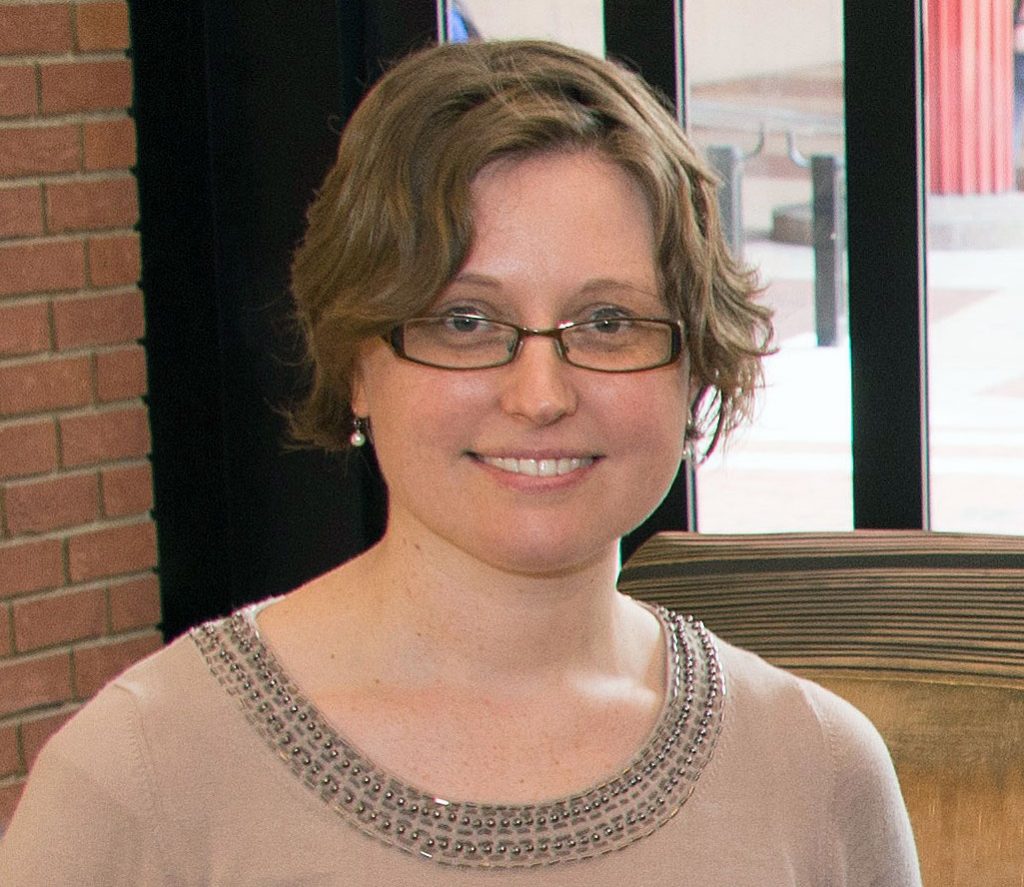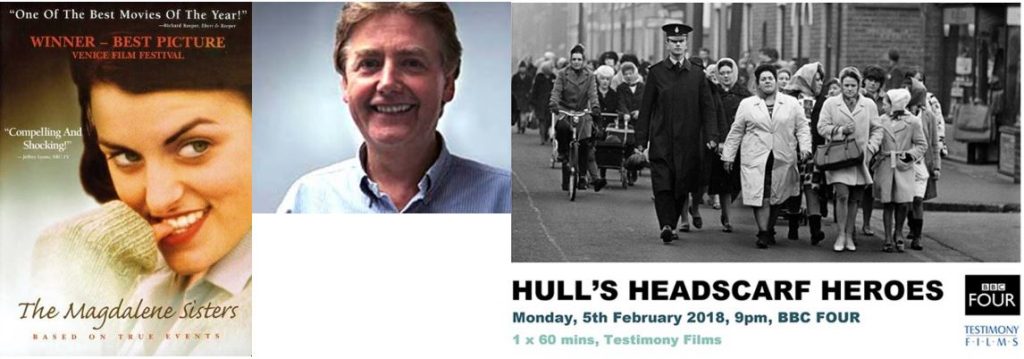Over ten years ago, Liz O’Donnell recorded the memories of more than 40 people in the North East who, as children during the 2nd World War, had experienced the huge dislocation caused by mass evacuation. Current discussions about the damaging impact of disrupted education caused by the pandemic led her to dig out her research notes, to look at the evacuees’ recollections of their own disturbed schooling, especially their feelings about its long-term effects. All the examples here are of evacuation to villages in Northumberland, mostly from the industrial areas of Tyneside. Summaries and recordings of all the interviews are available at Northumberland Archives, Woodhorn.
Continue reading →




